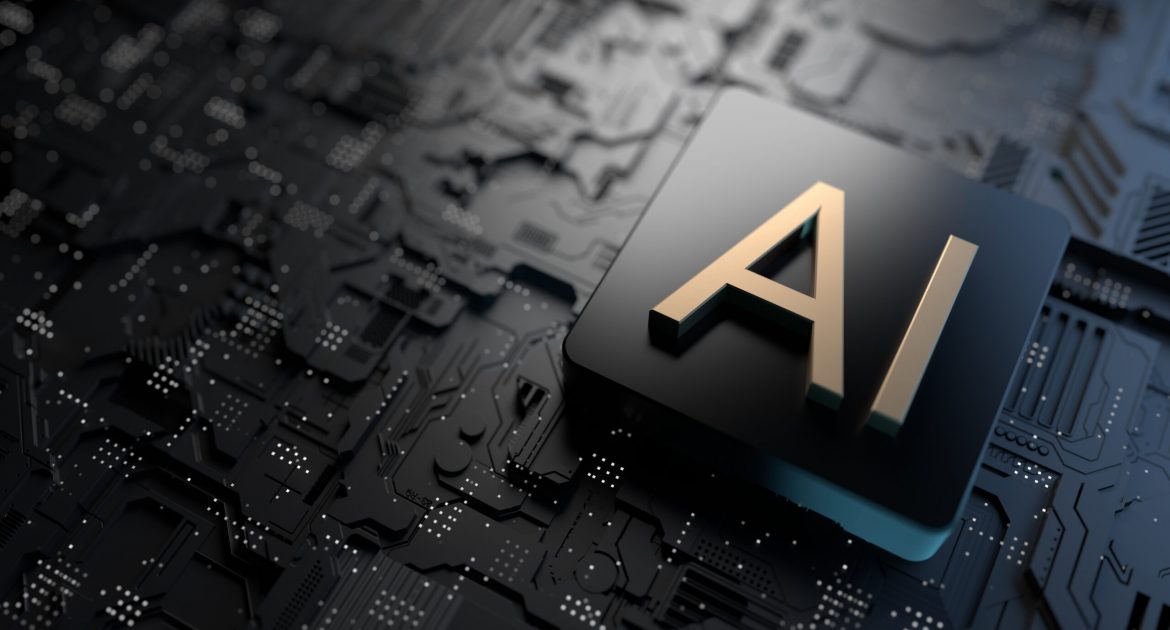In the rapidly evolving landscape of technology, artificial intelligence (AI) has emerged as a pivotal force, reshaping the way we perceive and interact with the world. At its core, AI revolves around the development of intelligent systems capable of performing tasks that traditionally required human intelligence. This multifaceted field encompasses a broad spectrum of technologies, including machine learning, data analysis, and sophisticated algorithms, all geared towards augmenting human capabilities and solving complex problems.
Table of Contents
ToggleThe Foundation Intelligence and Learning
At the heart of AI lies the concept of intelligence – the ability to acquire and apply knowledge. AI systems leverage vast amounts of data to simulate human-like learning, allowing them to adapt and evolve over time. This process, known as machine learning, enables computers to recognize patterns, make decisions, and perform tasks without explicit programming.
The fuel for AI’s learning mechanisms is data – the lifeblood that powers the evolution of intelligent systems. The more diverse and extensive the data, the more robust and effective the AI becomes. In a world dominated by digital interactions, the abundance of data has become a cornerstone for the continuous development of AI technologies.
The Building Blocks Systems and Models
AI systems come in various forms, each designed to tackle specific challenges. From expert systems that mimic human decision-making to neural networks inspired by the human brain, these models serve as the building blocks of AI applications. Researchers meticulously craft these systems to optimize performance, taking inspiration from the complexity of the human mind.
Machine learning models, a subset of AI systems, are particularly noteworthy for their ability to adapt and improve with experience. Through continuous exposure to new data, these models refine their understanding, making them invaluable tools for tasks ranging from language translation to image recognition.
Real-World Applications Transforming Industries
AI’s impact extends far beyond the realm of research labs, finding practical applications in a myriad of industries. From healthcare and finance to manufacturing and entertainment, intelligent systems are revolutionizing the way tasks are accomplished.
For instance, in the field of image recognition, AI technologies are transforming the way machines “see” and interpret visual information. Computer vision algorithms, powered by deep learning, can analyze images with astonishing accuracy. This capability has far-reaching implications, from automating quality control processes in manufacturing to enhancing medical diagnostics through the analysis of medical imaging.
The Language of Tomorrow Conversational Artificial Intelligence
Advancements in natural language processing (NLP) have ushered in a new era of human-computer interaction. NLP enables machines to understand and respond to human language, paving the way for sophisticated chatbots and virtual assistants.
One noteworthy example is ChatGPT, an AI language model developed by OpenAI. By comprehending the intricacies of language, ChatGPT can engage in meaningful conversations, answer queries, and generate human-like text. This breakthrough in NLP showcases the tremendous potential of AI to bridge the communication gap between machines and humans.
Challenges on the Horizon Risks and Ethical Considerations
As AI continues to permeate various aspects of our lives, it is crucial to address the challenges and risks associated with its deployment. Ethical considerations, biases in algorithms, and the potential misuse of AI technologies are pressing concerns that demand careful attention.
Researchers and companies developing Artificial Intelligence tools must prioritize transparency and accountability in their work. Striking a balance between innovation and responsible deployment is essential to ensure that Artificial Intelligence technologies benefit society at large without exacerbating existing inequalities or compromising privacy.
The Future Unveiled Emerging Technologies and Tools
The future of AI holds exciting possibilities, with emerging technologies poised to push the boundaries of what is currently achievable. Quantum computing, for instance, has the potential to revolutionize AI by exponentially increasing computational power, opening the door to solving complex problems previously deemed insurmountable.
Tools like generative adversarial networks (GANs) are pushing the boundaries of creativity, enabling AI systems to generate realistic images, art, and even music. These advancements not only showcase the versatility of AI but also hint at a future where machines actively contribute to the creative process.
Shaping Decisions AI in Decision-Making Processes
AI’s ability to analyze vast datasets quickly and make informed decisions has made it an invaluable asset in various decision-making processes. From business strategies to medical diagnoses, intelligent systems offer insights that can inform and optimize decision-making.
However, the integration of AI into decision-making processes raises questions about responsibility and accountability. Striking the right balance between human judgment and AI assistance is crucial to avoid blindly relying on algorithms and overlooking the nuanced considerations that humans bring to the table.
Concluding Thoughts A Harmonious Future
In conclusion, artificial intelligence stands as a testament to the remarkable capabilities of human ingenuity and technological advancement. As we continue to explore the possibilities that AI presents, it is imperative to approach its development with a holistic perspective that considers ethical, social, and cultural implications.
By harnessing the power of AI responsibly, we have the potential to address some of the world’s most pressing challenges. As technology continues to evolve, it is our collective responsibility to guide the trajectory of AI development towards a future where intelligent systems and humans coexist harmoniously, pushing the boundaries of what is possible in the ever-expanding world of technology.








